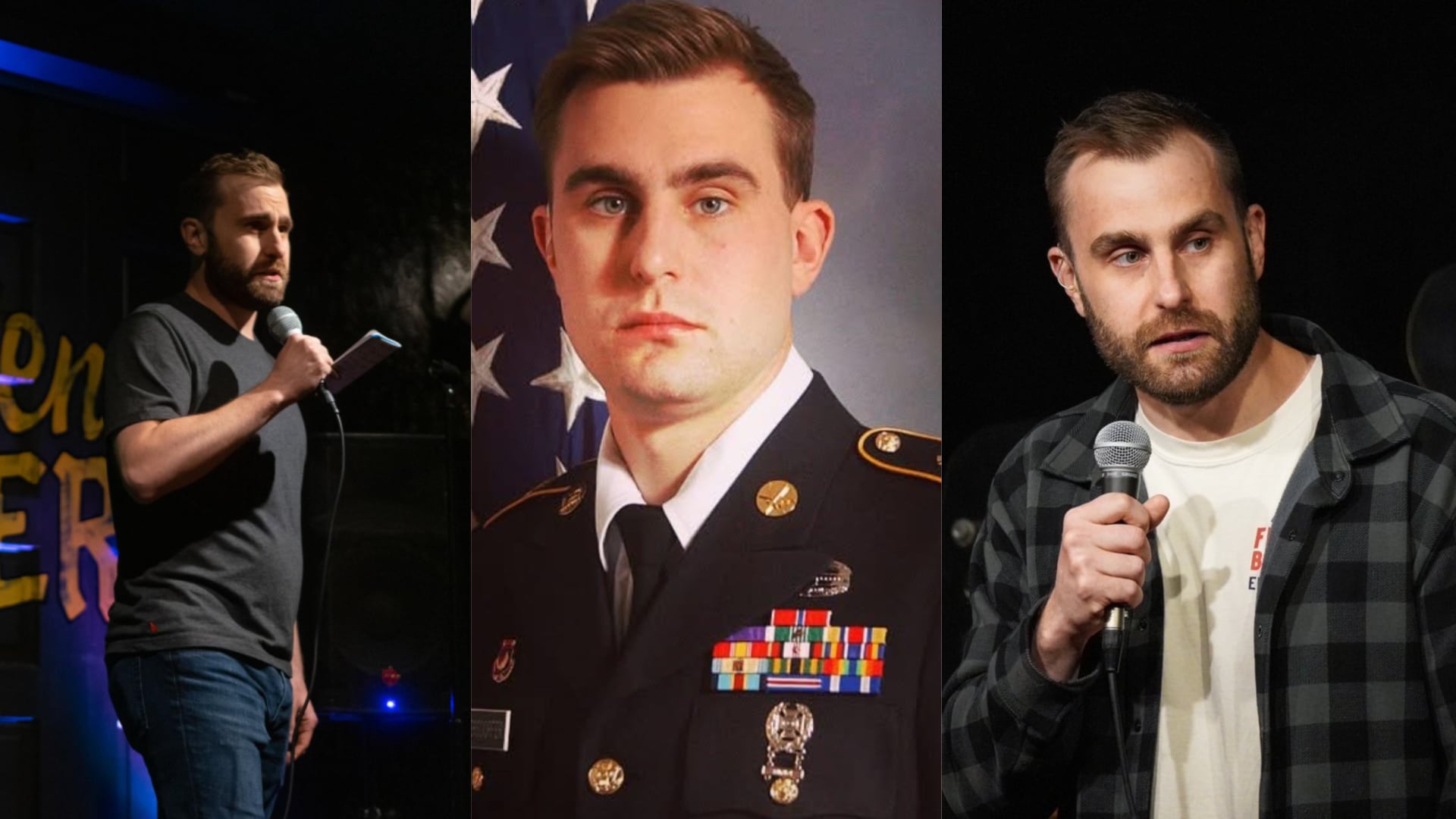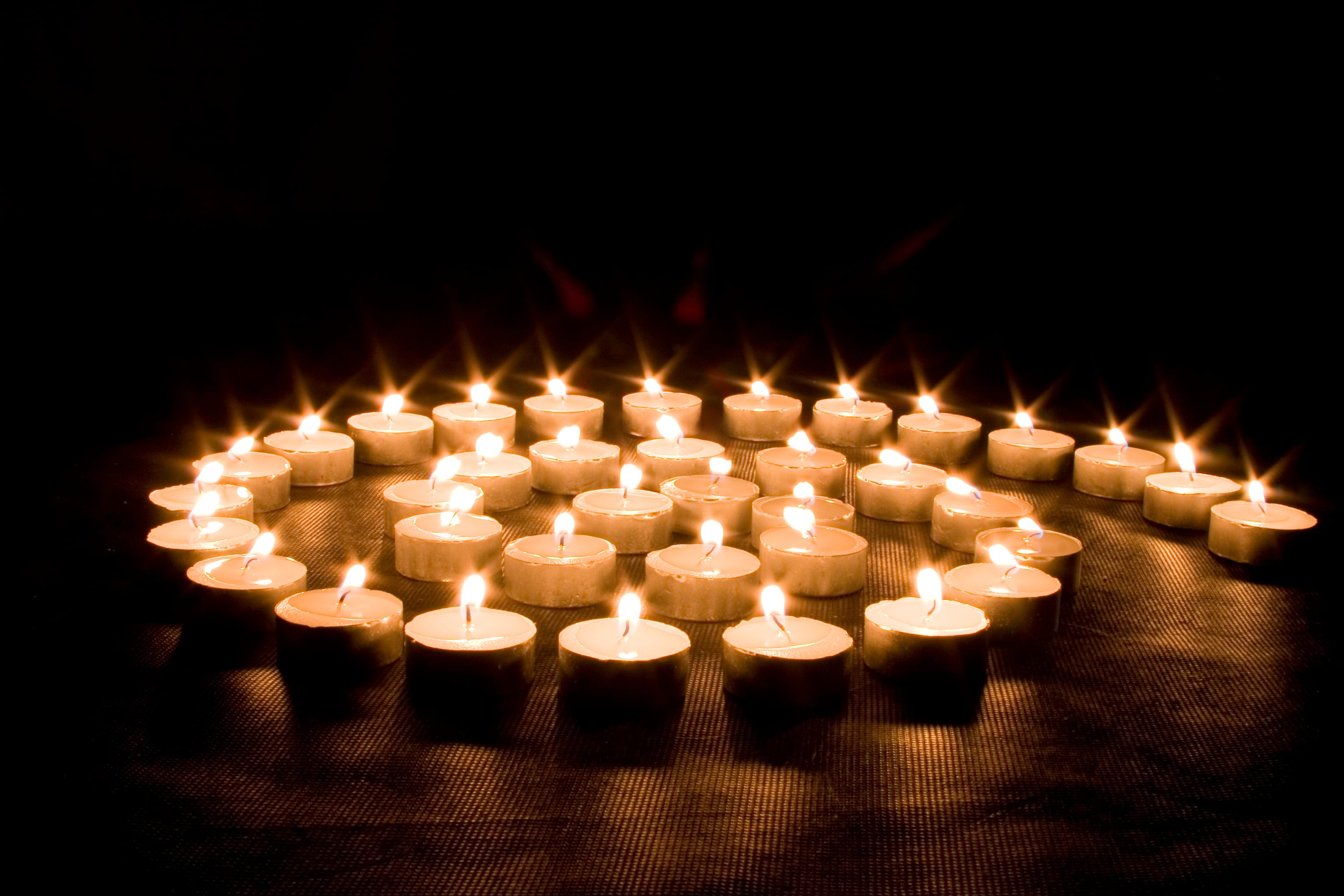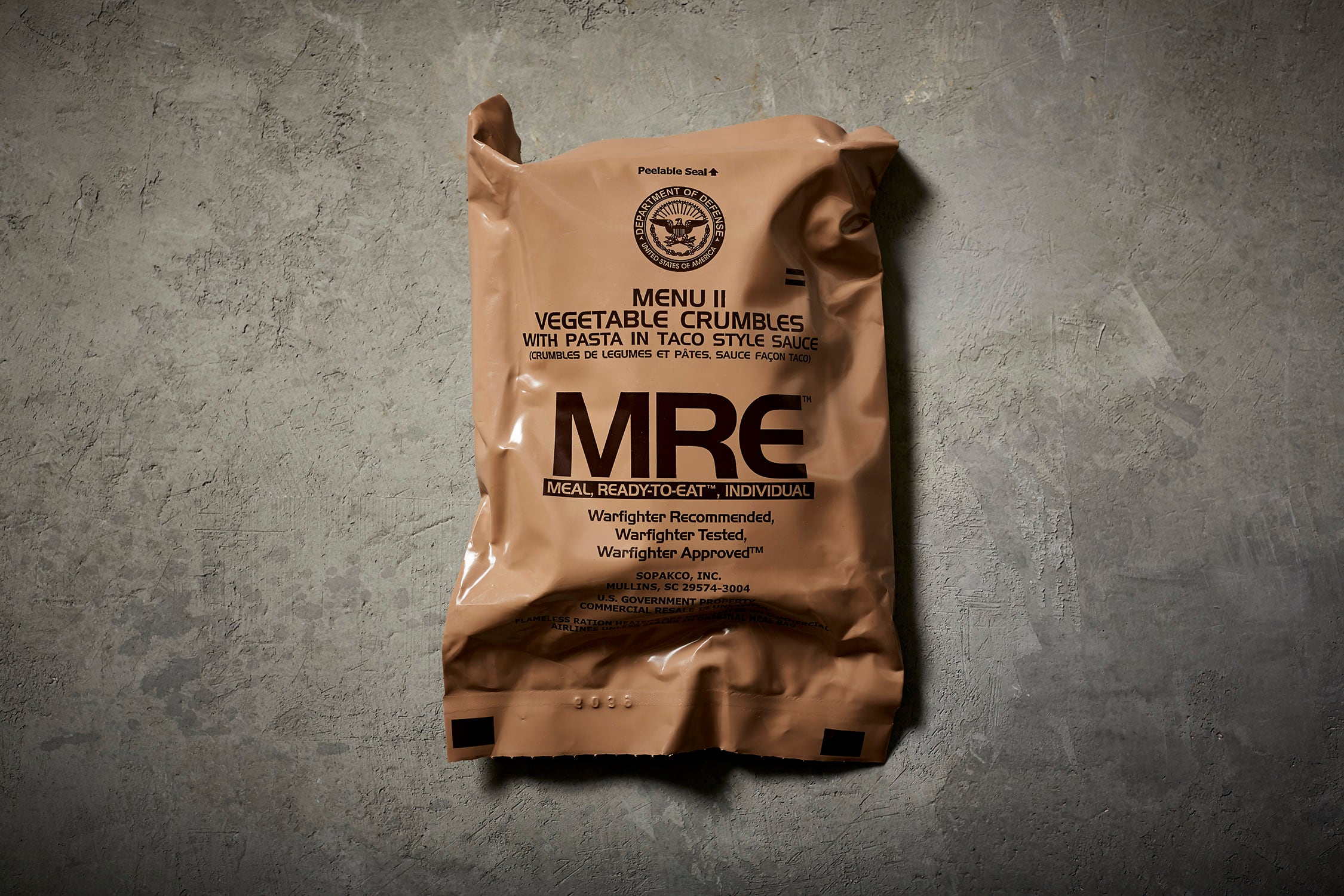Editor’s note: For the thirteenth anniversary of the incident and to bring awareness to the Marines’ story, Director Joshua DeFour is making his 25-minute film available online here. It is rated for mature audiences for strong language and mild violence.
Six seconds was all it was.
Six seconds was enough time to run – as many people nearby did – or enough time for a Marine to choose to bravely hold ground to protect the Marines behind him.
Hold ground is what Lance Cpl. Jordan Haerter and Cpl. Jonathan Yale both did in those six seconds on April 22, 2008, in Ramadi, Iraq, as a suicide truck bomber with about 2,000 pounds of explosives barreled toward the gate they were guarding.
Both young infantry Marines, ages 19 and 21, respectively, lost their lives that day – but they saved the lives of the Marines and Iraqi police in the security station they were protecting.
“The 11th Order,” a graduate student film by Marine veteran Joshua DeFour, details the last few hours on earth for the two Marines, who both posthumously were awarded the Navy Cross, the Corps’ second highest medal for heroism.
“Two died, and because these two young infantrymen didn’t have it in their DNA to run from danger, they saved 150 of their Iraqi and American brothers-in-arms,” Marine Gen. John Kelly said in a speech in St. Louis a year and a half after the incident, and just four days after the death of his own Marine son in Afghanistan.
RELATED
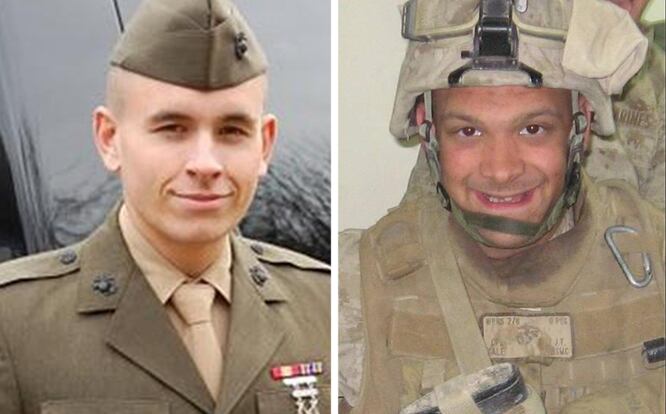
While detailing Haerter and Yale’s final moments, the film follows Kelly’s speech, now known as “Six seconds to live” and read at boot camp training, according to the film.
“Sir, in the name of God, no sane man would have stood there and done what they did,” Kelly, played by actor Colin Hoffmeister, recounted an Iraqi man who witnessed the incident telling him.
“No sane man.”
“They saved us all.”
‘One of those stories you can’t forget’
“To be especially watchful at night, and during the time for challenging, to challenge all persons on or near my post, and to allow no one to pass without proper authority.”
It’s the 11th military general order. It was the one that Haerter and Yale embraced at U.S. Joint Security Station Nasser in al-Anbar province in Iraq. And it was the one that inspired the title of DeFour’s short film and graduate school thesis.
“It really revolves around the idea of standing watch, standing gate, standing post, and not letting anyone come through,” DeFour told Marine Corps Times. “This idea that they stood there and did their duty until the very end. As far as following the general order, that’s as perfect as you could do that, unfortunately. … The honor, courage, and commitment every Marine strives for.”
For DeFour, who served in the Corps for five years, film school was always the goal.
When he heard about the combat videographer job in the Marine Corps he thought it would be a win-win: to get camera experience, have a way to pay for school and have an opportunity to become a better person.
“I knew if I deployed, it would give me a lot of crazy footage to get into film school with,” he said Monday in a video interview with Marine Corps Times.
After he got out of the Corps and started studying at the University of Texas at Austin, making military films wasn’t his objective (and it still isn’t). He had decided he had closed the military chapter of his life.
But after a roommate sent him Kelly’s speech, the story of the two Marines in Ramadi, Iraq, stuck with him.
“When this story found its way to me, it was definitely not something I immediately jumped at,” he said. “But it was one of those stories you can’t forget once you’ve read it.”
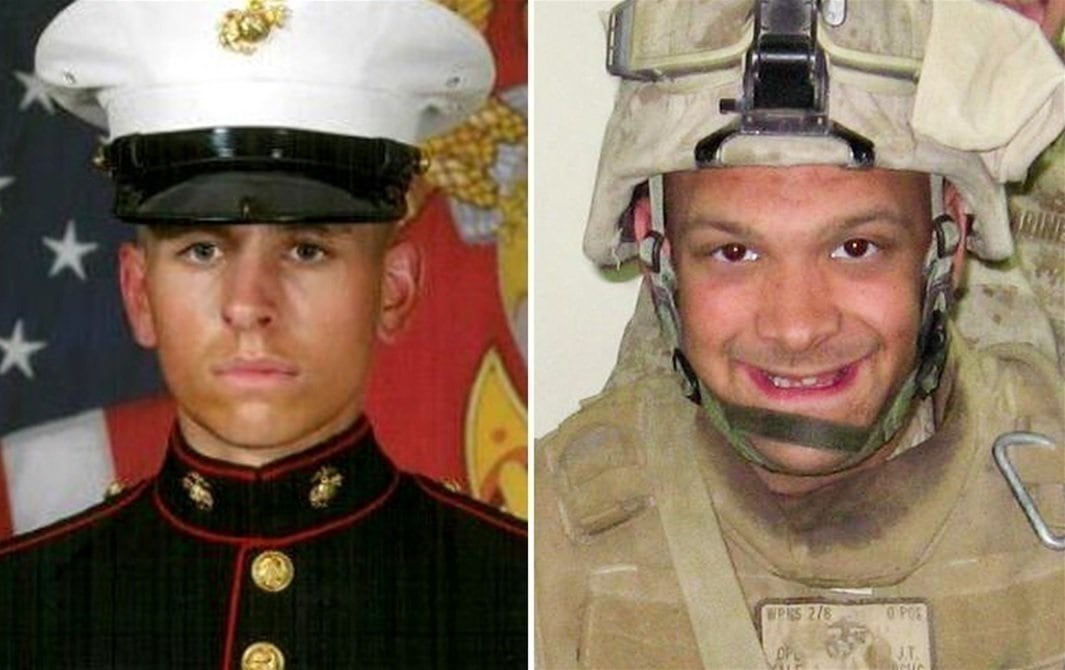
Thinking about what those two men might have talked about the 10 minutes before the truck approached — and who they were and what made them tick — is what compelled DeFour to follow their story.
DeFour, who now lives in Atlanta and works as a video editor for Comcast, wondered why the story hadn’t been made into a movie already: “It seemed pretty perfect for one.”
He raised about half of the roughly $100,000 it cost to produce the film, and had support from The Marine Corps Heritage Foundation and the Marine Corps Museum.
A production agreement with the Marine Corps allowed for shooting on base at Camp Pendleton, California, with some active-duty Marines acting in and guiding the film. The Iraq footage was open sourced from the Red Cross.
Though he acknowledges Iraq is very different, DeFour’s deployment to Afghanistan in 2013 gave him an idea of how he wanted his film to look.
“What the colors look like, how the dust settles. All the little things you wouldn’t know the texture of unless you’ve been there.”
The 2019 film was selected from 1,600 student films as a semifinalist for the Student Academy Awards. It also was an official selection at more than 35 international film festivals, winning best short film at two of them, DeFour said in an email.
‘They leaned into the danger’
Prior to April 22, 2008, the lives of Lance Cpl. Jordan Haerter and Cpl. Jonathan Yale probably could not be more different.
As Kelly said in his speech, Yale grew up poor in Virginia, had a wife, and was very close to his mother and sister.
He was a 2006 graduate of Prince Edward County High School in Farmville, Virginia, according to his obituary.
His mother told The Associated Press after his death that he liked to make people happy.
“He was the class clown, even when he wasn’t at school,” Rebecca Yale told the AP in 2008. “But he also didn’t mind sitting home with his momma to watch a chick flick with a box of Kleenex between us. He was the best boy you could ask for.”
Haerter grew up on Long Island in the village of Sag Harbor, New York. He was Sag Harbor’s first battlefield loss since World War II, according to reports about his death.
A local bridge was later named in his honor.
“He had a wide circle of friends in Sag Harbor who remember him for his infectious smile, quick-witted humor with dry delivery and his kind and gentle demeanor,” his obituary says. “He took flying lessons and soloed at age 16 prior to obtaining his driver’s license.”
Haerter had just gotten into country a few days earlier with 1st Battalion, 9th Marines, according to the website for “The 11th Order,” but Yale already had been deployed for seven months with 2nd Battalion, 8th Marines, and was ready to head home.

But though they were from two completely different worlds, they had the same mission orders that day.
As the truck approached, and the Marines recognized the major threat, Haerter “engaged the truck with precise fire from his M4 rifle,” his Navy Cross citation says. Yale opened fire with his M249 Squad Automatic Weapon.
“In all of the instantaneous violence Yale and Haerter never hesitated,” Kelly said at the end of his speech. “By all reports and by the recording, they never stepped back. They never even started to step aside. They never even shifted their weight. With their feet spread shoulder width apart, they leaned into the danger, firing as fast as they could work their weapons. They had only one second left to live.”
The Marines’ accurate fires stopped the truck a few feet away from their positions, at which point the bombs detonated.
“The truck explodes. The camera goes blank. Two young men go to their God,” Kelly recounted.
“Six seconds.
Not enough time to think about their families, their country, their flag, or about their lives or their deaths, but more than enough time for two very brave young men to do their duty … into eternity. That is the kind of people who are on watch all over the world tonight — for you.”
Andrea Scott is editor of Marine Corps Times. On Twitter: @_andreascott.
Andrea Scott is editor of Marine Corps Times.
Tags:
Ramadilance cpl. jordan haertercpl. jonathan yalejonathan yalejordan haertersix seconds to livemarines who died in ramadihow many marines died in iraqmarines died couragenavy cross marinesIn Other News






